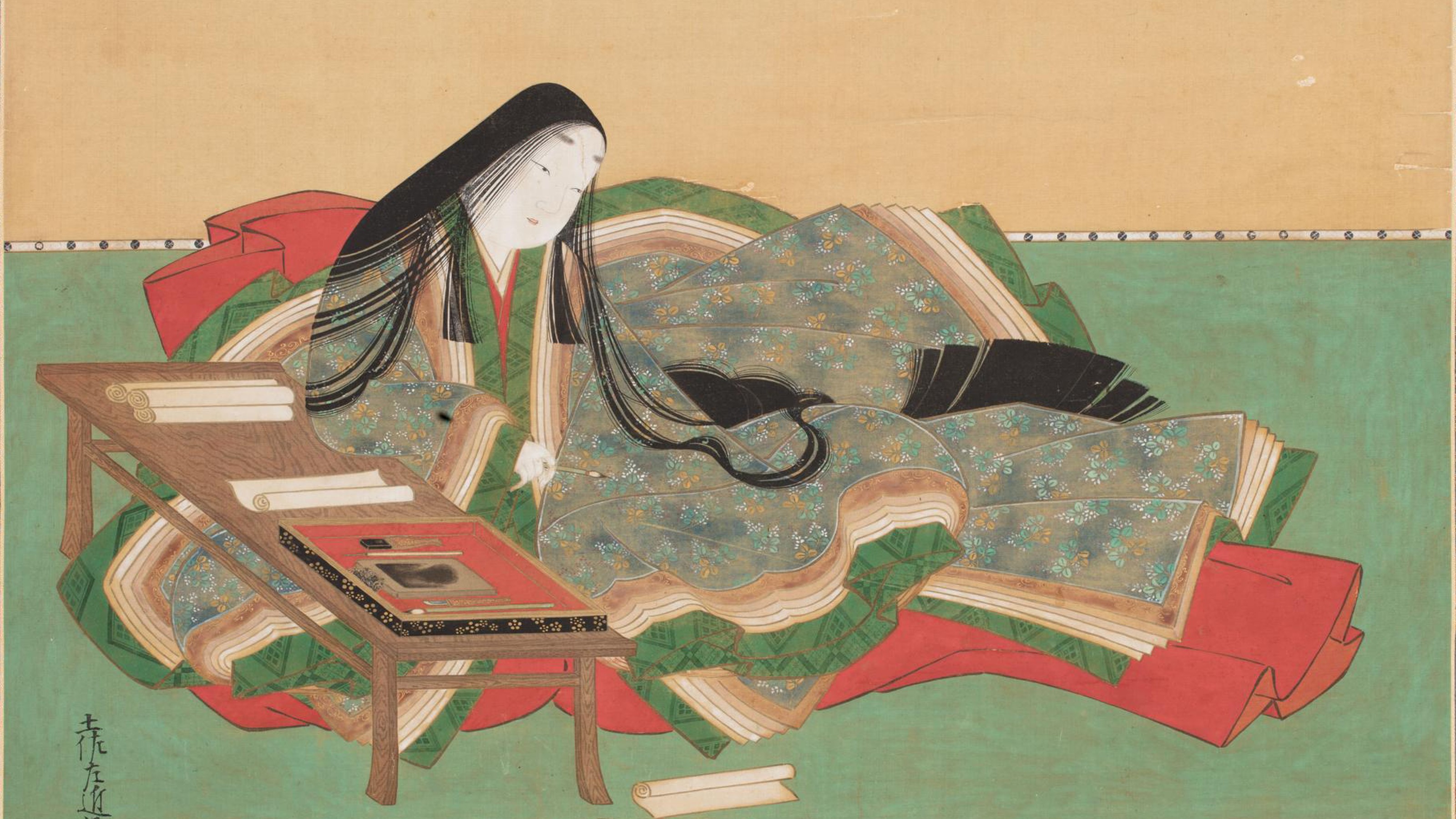The Right and Wrong Way to Rebuild New Orleans

A revealing internal debate on the rebuilding effort in New Orleans is the uneasy rapport between Ninth Ward residents–the few of them that have returned to the neighborhood–and the volunteers whose altruism brings them to New Orleans to help in the rebuilding.
Here are two takes on the delicate role of the NOLA volunteers, who still come in droves to the city nearly four years after Katrina.
“Overzealous outside activists often displace a more inherently invested population from organizing for their own neighborhood, their own life, their own future.” So writes Courtney Martin in an article this month in American Prospect. The writer takes aim at the brand of largely upper middle class do-gooding that deposits donations in struggling areas but does not follow up with a plan to get the same materials to residents. What good are boxes of donated books if the high school in which to use them was demolished in restructuring the school system? Or more broadly, what good is rebuilding houses when the Ninth Ward population that might inhabit them is spread across the country?
The critique here is essentially the same that has been leveled at many volunteer-invasion programs, from Teach For America to the Peace Corps, that bring the have’s into a service role for the have not’s. The problem to solve might be obvious between the parties, but the approach to solving it is far from universally accepted. And the moral quandaries of what is, at least temporarily, a social role reversal are rife.
Alex Epstein, Co-Founder of the New York To New Orleans Coalition, knows a lot about the risk of ineffective community service. His volunteer “brigades” of New York high school students–some of them upper middle class but many of them not–confront the “white man’s burden” aspect of volunteering in New Orleans by canvassing residents of the Ninth Ward to solicit their needs and desires in the rebuilding effort. He does this door-to-door, one house at a time.
Far from the “parachute-in” method Martin notes, Epstein and his group have visited the Ninth Ward nearly fifteen times in three years. They stay in the neighborhood while volunteering. They talk to the stalwart Ninth Warders. In short, they make an effort to form just what the Ninth Ward is not yet: a community.
He explains that the Ninth Ward “at this point they’ve seen every possible kind of volunteer imaginable…but there have been very, very few that have actually gone to New Orleans and asked the residents what it is that they want.”
Rebuilding a disaster-prone area in which a perennially disenfranchised minority takes the brunt of the disaster would be a complicated process even in an egalitarian city. New Orleans is not egalitarian city but efforts like Epstein’s do work to nudge it in that direction.





